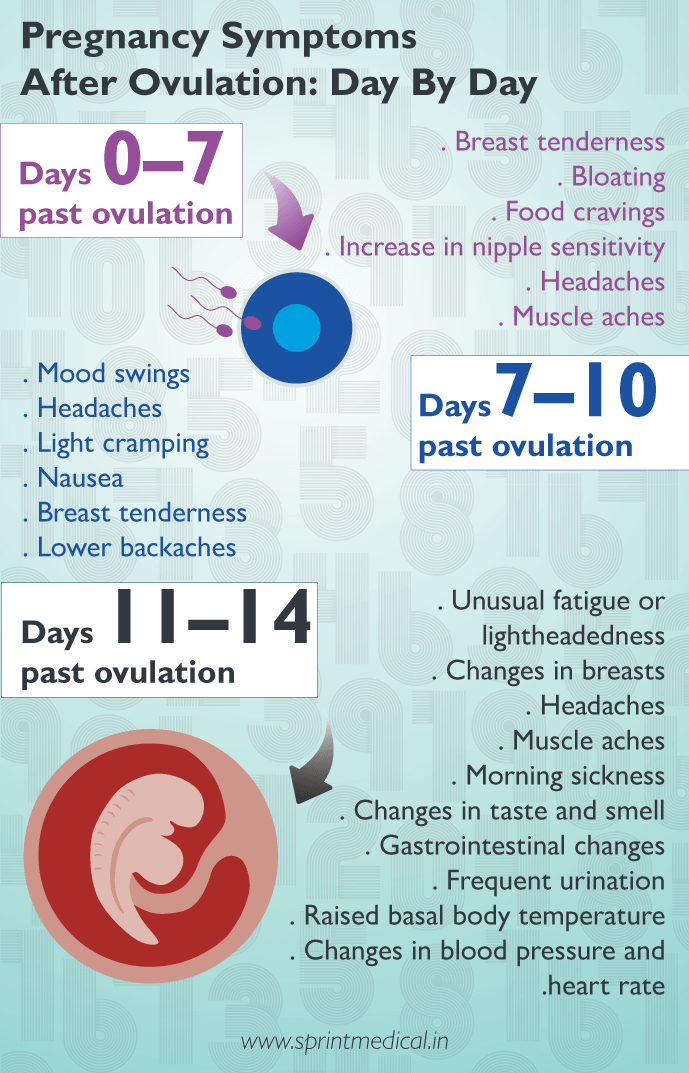
Ovulation Pregnancy Signs: A Comprehensive Guide
Ovulation, the release of a mature egg from the ovary, is a crucial step in the reproductive process. When the egg is fertilized by sperm, it can lead to pregnancy. While there are many signs and symptoms associated with pregnancy, some women may experience specific changes during ovulation that can indicate an increased likelihood of conception. Understanding these ovulation pregnancy signs can help you optimize your chances of getting pregnant.
Cervical Mucus Changes
One of the most noticeable signs of ovulation is a change in cervical mucus. During ovulation, the cervix produces more mucus that becomes thinner and more slippery. This mucus helps sperm travel through the cervix and into the uterus. After ovulation, the mucus becomes thicker and stickier, creating a barrier that prevents sperm from entering the uterus.
Basal Body Temperature (BBT) Rise
Your basal body temperature (BBT) is the lowest temperature your body reaches during sleep. After ovulation, the BBT rises slightly due to the release of progesterone, a hormone that helps prepare the uterus for pregnancy. This temperature rise can be detected using a basal body thermometer. Tracking your BBT can help you identify your ovulation window and increase your chances of conceiving.
Ovulation Pain (Mittelschmerz)
Some women experience mild pain or discomfort during ovulation, known as mittelschmerz. This pain is caused by the rupture of the follicle that releases the egg. Mittelschmerz typically occurs on one side of the lower abdomen and can last for a few hours or up to a day.
Breast Tenderness
Breast tenderness is a common symptom of both ovulation and early pregnancy. During ovulation, the breasts may become swollen and tender due to hormonal changes. This tenderness usually subsides after ovulation. However, if the tenderness persists or becomes more severe, it could be a sign of pregnancy.
Increased Libido
Many women experience an increase in libido during ovulation. This is because the hormonal changes associated with ovulation stimulate the production of sex hormones, which can increase sexual desire.
Other Possible Signs
In addition to the primary signs mentioned above, some women may experience other changes during ovulation that could indicate an increased likelihood of pregnancy, including:
- Bloating
- Mood swings
- Fatigue
- Headaches
- Nausea
When to See a Doctor
If you are trying to conceive and are experiencing any of the ovulation pregnancy signs described above, it is important to see a doctor to confirm ovulation and discuss your fertility options. Your doctor may recommend further testing, such as blood tests or an ultrasound, to determine if you are ovulating regularly and to identify any potential underlying fertility issues.
Tips for Maximizing Your Chances of Conception
If you are trying to get pregnant, there are several things you can do to maximize your chances of conception:
- Track your ovulation: Use ovulation predictor kits, track your BBT, or observe cervical mucus changes to identify your ovulation window.
- Have sex during your fertile window: The most fertile time to have sex is the 5 days leading up to ovulation and the day of ovulation.
- Consider fertility supplements: Certain supplements, such as folic acid and prenatal vitamins, can support fertility and improve egg quality.
- Maintain a healthy weight: Being overweight or underweight can affect ovulation and fertility.
- Quit smoking: Smoking damages the reproductive organs and reduces fertility.
- Reduce alcohol consumption: Excessive alcohol consumption can interfere with ovulation and fertility.
- Manage stress: Chronic stress can disrupt hormonal balance and affect ovulation.
Conclusion
Understanding ovulation pregnancy signs can help you optimize your chances of getting pregnant. By paying attention to changes in your body during ovulation, you can identify your fertile window and increase the likelihood of conception. If you are experiencing any of the ovulation pregnancy signs described above and are trying to conceive, it is important to see a doctor to confirm ovulation and discuss your fertility options.